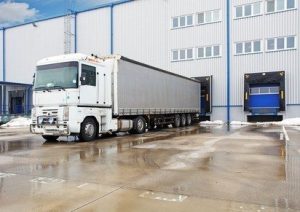
What’s in the trailer your terminal tractors are hauling? Less-than-truckload (LTL) shipping is on the rise due to its potential for cost savings. However, with a reputation for complexity, it’s not for everyone. Is it right for you?
LTL is Seen as Challenging for a Number of Reasons:
– More dynamics to juggle
Freight classification, cargo weight, and pallet count increases in complexity with LTL hauling.
– Benchmarking challenges
Direct comparisons with other shipping operations can be challenging.
– Ignorance to cost drivers
Accepting LTL at face-value, and not digging into shifting patterns of supply and demand, prevents businesses from realizing the true potential of LTL.
However with the Right Data & Pricing, LTL Offers Tremendous Potential
Tariffs, or rate bases, published by carriers on an annual basis, are commonly used in calculating shipping costs. LTL costs aren’t quite as cut-and-dry, however, with LTL carriers offering discounts. Making discounts negotiable (and in correlation with freight volume/revenue) is common. Minimums are also commonly negotiable.
Avoid Pricing Obstacles
The biggest obstacle to surmount in LTL classification and pricing, is avoiding overuse of FAK cargo designation on invoices. Obscuring shipment data by lumping it under this classification prevents you from gleaning essential data as to the specific classes of cargo shipped and relative cost, increasing the chance of inaccuracies.
Incomplete or obscure data is the proverbial wrench-in-the-works for LTL shipping ventures. Capturing essential data elements effectively is key to effectively calculating and streamlining pricing, as well as improving network efficiency and ensuring profit.
Are you equipped for LTL shipping success? Ease moves, improve speed and efficiency, and boost profit potential with the help of terminal tractors from DJ Products today.


